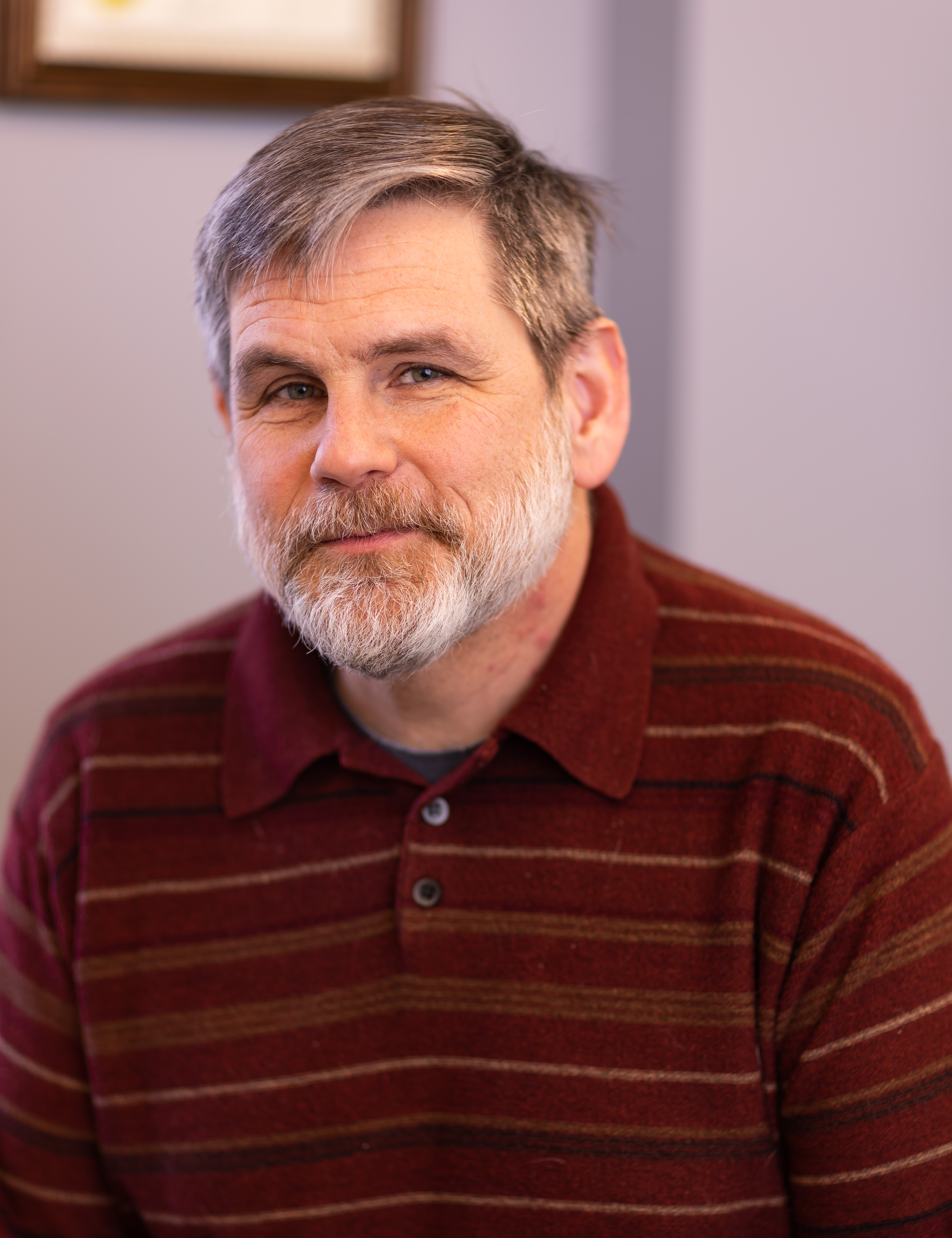Compassion – both for others and yourself – is key component on path to positive mental health

By Mark Kaufman, MSW, LICSW • JFCS Therapist
May is Mental Health Month, and we continue to live in a world that exposes us to trauma, heartbreak, and fear. The intersectionality of anti-Semitism, Islamophobia, transphobia, heterosexism, racism, sexism, and ablism can make it difficult for people to find spaces in which they feel safe in having their voice heard, leading to increased isolation.
Frequently, in this loneliness, social media is the most accessible form of social connection. This is a space that comes with seemingly different norms and boundaries with regards to criticism in a way that sometimes makes things worse; but it may also provide a safe place for connection.

One in five people live with a mental illness, and about that many youth 13-18 have had a seriously debilitating mental illness. One in 25 adults live with schizophrenia, major depression, bipolar disorder, or another serious mental illness. We are all touched by this. Suicide rates this century steadily increased until there was some improvement in 2018 and then went back up during the pandemic. As a reminder, if you or someone you love is experiencing a suicidal crisis, 988 is the number for the National Suicide Help Line.
But there is hope. Community connection, physical activity when possible (remember, not everyone can be active!), mental health treatment, and getting outside are all associated with improved mood and mental health in general. These are not the only answers; often it is difficult to see from the outside just how hard it is to do some of these things when mental illness can add barriers such as lack of energy and even lack of awareness of a problem.
I cannot stress enough that the response to someone experiencing depression, as an example, needs to be nuanced and validating. Often when we prompt a family member or a friend to go for a walk, we are unaware of how depression is preventing that from happening. Yes, the walk will help, but it will also not be a cure. It can be one component that can help, if it is accessible. Sometimes what is accessible is just moving outside to be in the sun instead. Some days getting out of bed is the goal. It takes patience and compassion to be supportive.
Part of a strengths-based approach to mental health is identifying what each of us have done in the past to feel better. Some of these things get us outside and active, connect us to others, or provide activities in which we might feel a sense of achievement. Some of these activities that are close to my heart include hiking, biking, walking my dog, and riding a motorcycle (more on that last one next month….). What are your favorite activities that get you outside, moving, talking to others, or feeling a sense of achievement?
We hear a lot of talk about self-care; remember that whatever activities you rely on for taking care of yourself, don’t discount the importance of self-compassion. Sometimes we are not able to do the things that have worked and become self-critical. Instead of saying to yourself, “I was bad and didn’t work out today,” how freeing would it be to instead say, “I’m really tired today, I think my best choice is to rest.” This is self-compassion. We need it, and we need to share it with each other.
Click here for more information on JFCS’ Counseling services
Newsletter Sign-Up
Sign up to read more articles like this and stay up-to-date!
